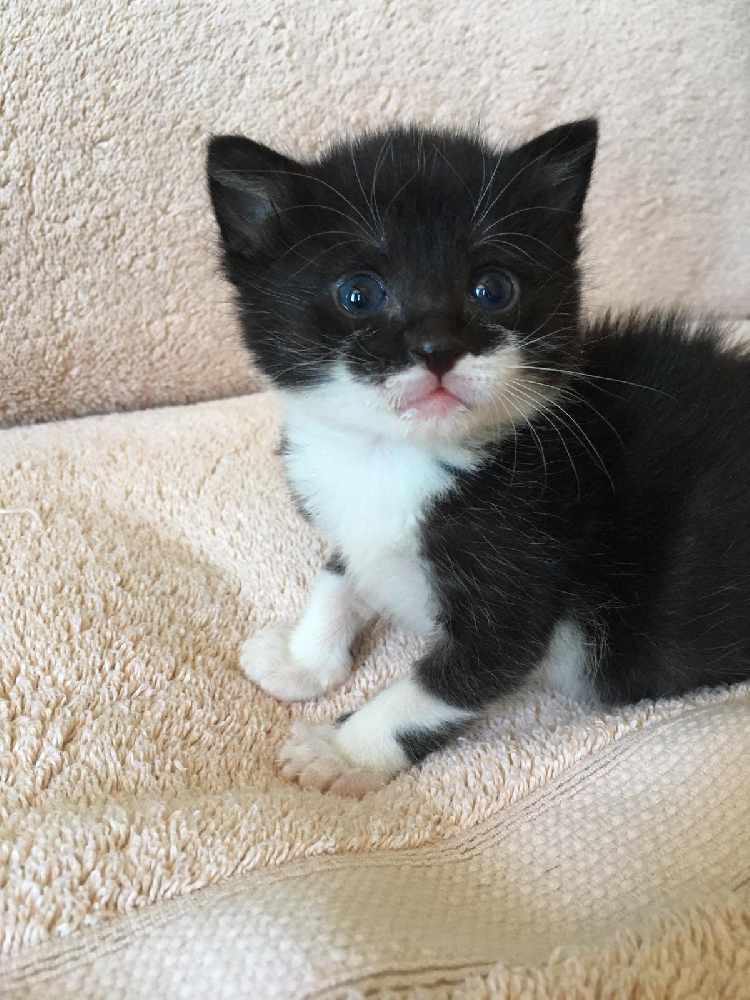
The RSPCA is facing a cat crisis as the charity cares for more cats than any other pet with more than 1,000 felines.
Since lockdown*, the charity has taken 324 cats into its care, more than any other pet, and fears that the situation is set to get worse, as the traditional kitten season gets underway.
There is always an influx of youngsters at this time of year but lockdown means that it is harder for owners to neuter their pets and the charity’s experts fear they will see even more unwanted litters coming through its doors.
Since the start of lockdown, there have been 6,630 incidents reported to the charity’s hotline about cats with 90 incidents reported in Cheshire.
These include Minnie, a seven-year-old female cat, who is being cared for at RSPCA Stapeley Grange Cattery throughout the lockdown. She came into the charity’s care via an inspector as she had a problem with her leg and the way she walks. Vets believe her abnormal gait is neurological and she is not in any pain so is expected to live a happy life as an indoor cat once she is rehomed. There are currently 21 cats, just like Minnie, being cared for at RSPCA Stapeley Grange Cattery in Nantwich, Cheshire.
Animal rescuers at the charity have been designated key workers by the Government and the charity has launched an emergency appeal for vital funding which is needed to help the RSPCA’s frontline staff continue this crucial work across England and Wales.
Dr Samantha Gaines, head of the RSPCA’s companion animal department, said: “We are currently caring for more cats than any other pet throughout the Coronavirus crisis. Every year, the scale of the cat overpopulation problem becomes even more apparent from May to September when most cats are born as the RSPCA is often overwhelmed with kittens. The kitten season this year will continue despite COVID-19 and so the charity is bracing itself for even more cats.”
The charity is currently caring for 1,013 cats (as of 13 May) which is more than any other pet in its care.
Last year, there were 108,190 incidents reported about cats including 1,599 in Cheshire.
Sam added: “Our frontline officers will continue to rescue as many cats as we can and our animal centre staff, hospitals and branches will carry on caring for the many cats coming into our care throughout the crisis. We rely on donations from our generous supporters to carry out this vital work and need their support now more than ever as our services become stretched to the limit.
“We believe neutering cats from four months old will help tackle the cat overpopulation problem the UK faces. This will reduce the amount of unwanted and unexpected litters of kittens that are born and sadly end up in rescue centres. We understand that many owners may not be able to get their pets neutered at the moment as understandably vets are prioritising emergencies in the face of Covid-19 and restricting other procedures. It is important to follow your vet’s guidance and understand if they cannot neuter your pet at this time. We would urge anyone with an unneutered female cat to keep them indoors. If you have a male/female pair or really can’t keep your cat inside, do call your vet to discuss options.”
The RSPCA has plenty of information on how to keep your cat entertained indoors on its website. There is also lots of advice on keeping pets happy and healthy during the coronavirus crisis, here.
To help the RSPCA keep rescuing animals like these and keep our animal hospitals and centres running for emergency treatment and round the clock care through these unprecedented times, please donate whatever you can spare at www.rspca.org.uk/covid


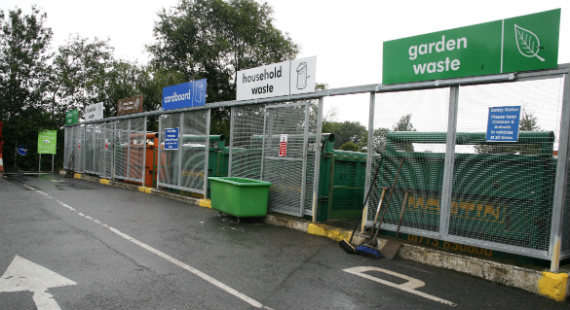 Household waste recycling centres – Advice for visiting during Easter period
Household waste recycling centres – Advice for visiting during Easter period
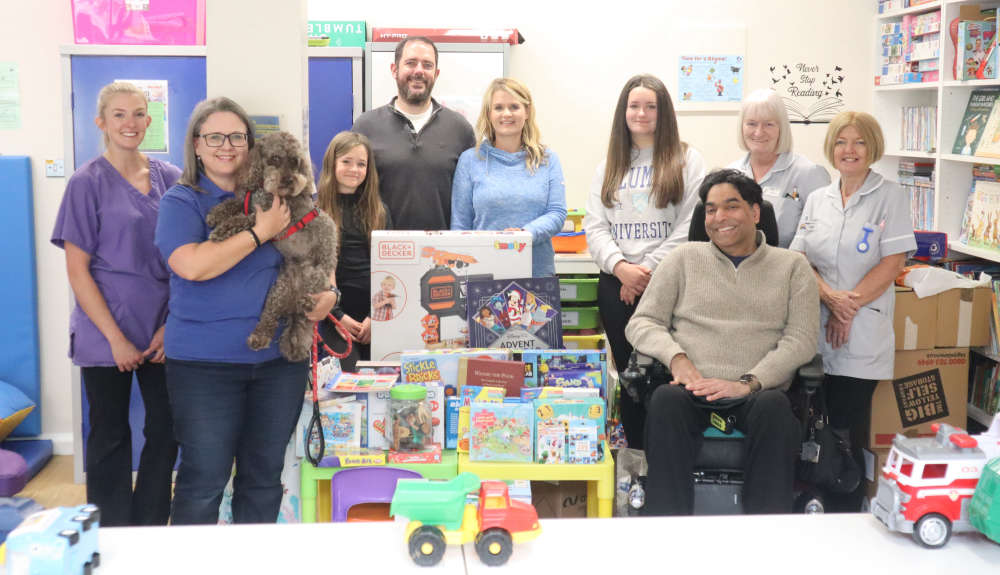 AstraZeneca workers toy drive to support Children’s Ward at Macclesfield Hospital
AstraZeneca workers toy drive to support Children’s Ward at Macclesfield Hospital
 Council appoints new executive director of children’s services
Council appoints new executive director of children’s services
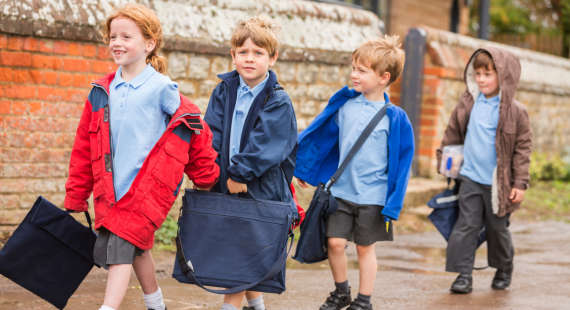 99% of Cheshire East parents secure preferred primary school place
99% of Cheshire East parents secure preferred primary school place
 Young Northwich and Winsford to join globally inspired Carnival
Young Northwich and Winsford to join globally inspired Carnival
 Government approves major funding for state-of-the-art Leighton Hospital facility
Government approves major funding for state-of-the-art Leighton Hospital facility
 Teenager sentenced for stabbing another boy in Congleton
Teenager sentenced for stabbing another boy in Congleton
 Appeal for witnesses and footage following collision in Alderley Edge
Appeal for witnesses and footage following collision in Alderley Edge
 Man jailed for murder following stabbing in Northwich
Man jailed for murder following stabbing in Northwich
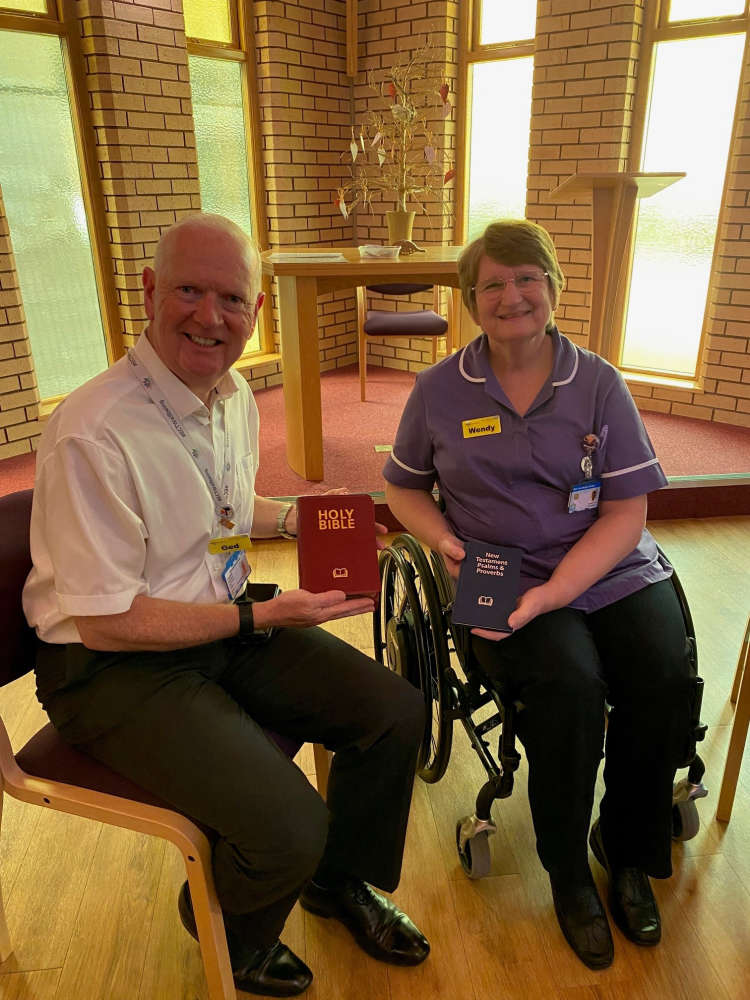 Bedside Bibles return to Macclesfield Hospital in time for Easter
Bedside Bibles return to Macclesfield Hospital in time for Easter
 Cosmic Threads: 80 Years of Discovery
Cosmic Threads: 80 Years of Discovery
 New stalls available at Macclesfield Market Hall
New stalls available at Macclesfield Market Hall
 Council sets sights on major new trail to boost health, wellbeing and visitor economy
Council sets sights on major new trail to boost health, wellbeing and visitor economy
 Knutsford Town Council renews partnership with The Royal Cheshire County Show
Knutsford Town Council renews partnership with The Royal Cheshire County Show
 Major new trail to boost health, wellbeing and visitor economy
Major new trail to boost health, wellbeing and visitor economy
 More than 60 premises targeted across Cheshire as part of NCA-coordinated crackdown
More than 60 premises targeted across Cheshire as part of NCA-coordinated crackdown
 Appeal for witnesses and footage following collision on M6
Appeal for witnesses and footage following collision on M6
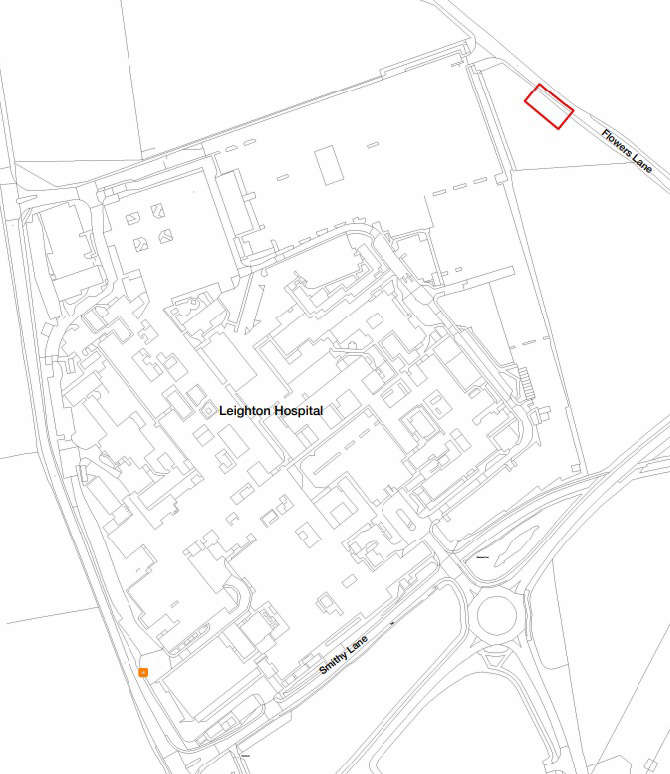 Laying the foundations for Mid Cheshire’s new hospital
Laying the foundations for Mid Cheshire’s new hospital
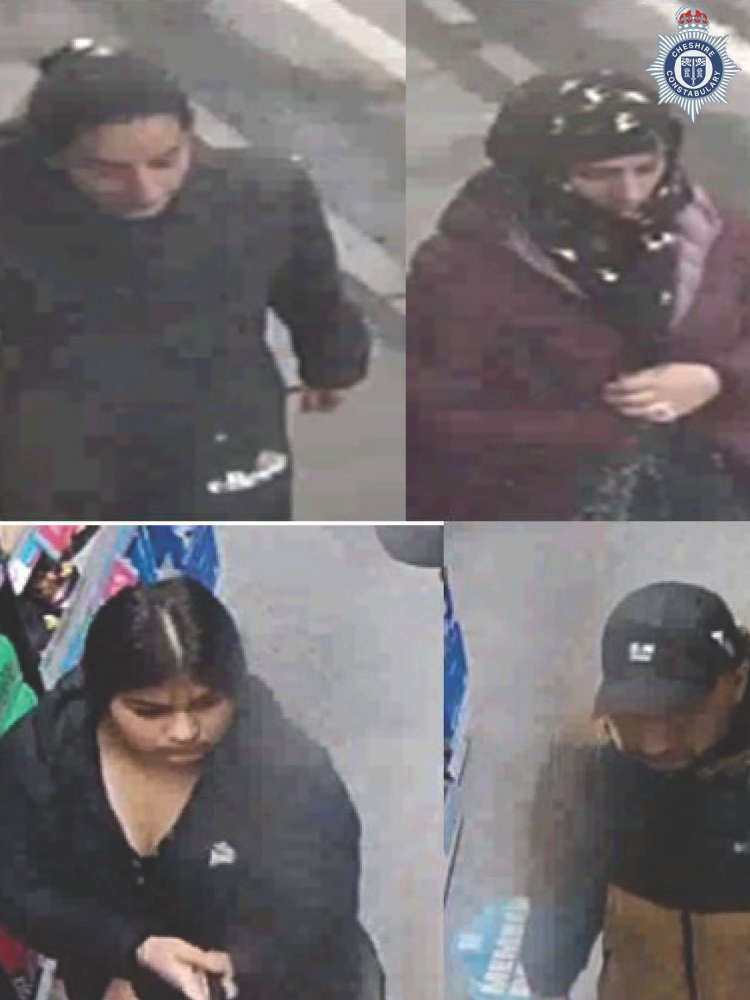 Police release CCTV following Macclesfield shop theft
Police release CCTV following Macclesfield shop theft

